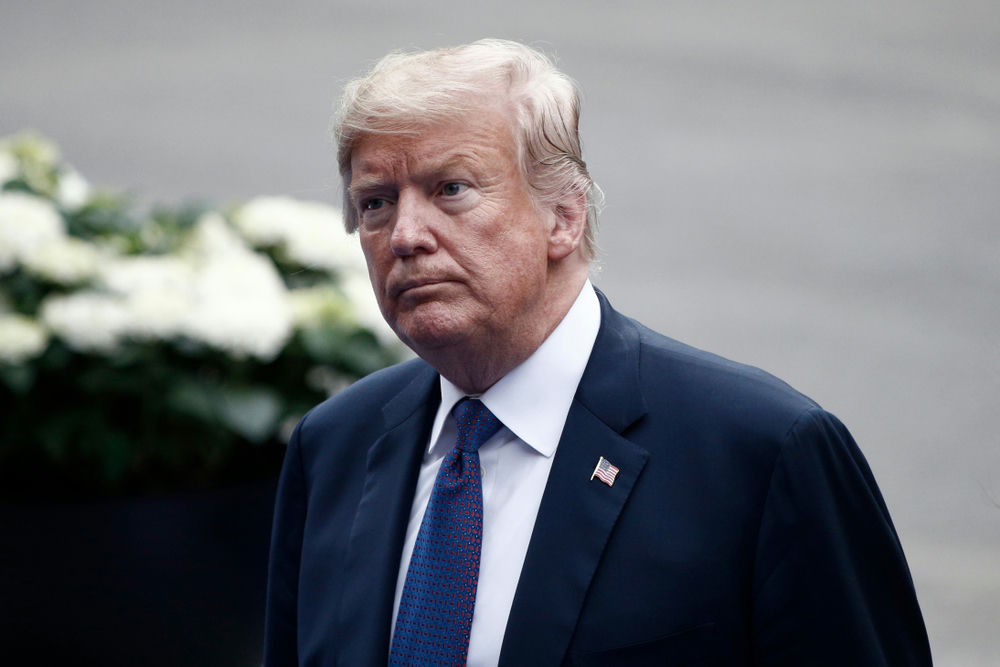A new legal battle over the President’s authority to remove Federal Reserve Governor Lisa Cook without due process is igniting fierce debate about the future of separation of powers and American constitutional rights.
Trump Asserts Sweeping Removal Power over Presidential Appointees
In a move attracting national attention, the Trump administration has formally asked the Supreme Court to allow the President to remove Federal Reserve Governor Lisa Cook without any due process protections. The administration’s legal filings argue that, as a presidential appointee, Cook is not entitled to advance notice or a hearing before dismissal. This stance relies on longstanding distinctions between political appointees and career civil servants, citing the President’s Article II authority to appoint and remove executive branch officials at will.
Supporters of this approach point to the need for executive flexibility and the unitary executive theory, which holds that centralized presidential control is vital for effective governance. They argue that imposing procedural restrictions on removing appointees would weaken the President’s ability to implement policy and hold officials accountable. However, the lack of procedural safeguards for appointees like Cook has triggered alarm among legal experts, who warn it could erode fundamental constitutional protections guaranteed by the Fifth Amendment.
Constitutional Debate: Due Process and the Fate of Checks and Balances
The question at the heart of the case is whether denying due process to presidential appointees undermines the constitutional balance between individual rights and executive authority. The Fifth Amendment’s guarantee that no person shall be deprived of “life, liberty, or property, without due process of law” has historically required notice and a hearing before government action. Yet, Supreme Court precedents such as Myers v. United States have affirmed the President’s broad removal power for executive officials, while later cases have carved out limited exceptions for independent agencies and civil servants.
Legal scholars and civil service advocates caution that unchecked executive power risks politicizing the federal workforce and diminishing public trust in government institutions. The case of Lisa Cook highlights the unique legal status of presidential appointees, who, unlike protected civil servants, can typically be dismissed at will. Critics argue that eliminating even minimal procedural protections for these officials could set a dangerous precedent, making federal agencies more vulnerable to political purges and undermining the principle of government accountability.
Litigation, Expert Warnings, and the Road Ahead
As the legal battle unfolds, advocacy groups have filed amicus briefs urging the courts to recognize at least basic due process rights for all federal employees, including appointees. The administration, meanwhile, remains steadfast in its defense of presidential prerogative, emphasizing the necessity of decisive action in implementing policy. The fate of Cook—and the broader implications for American governance—now rest with the judiciary.
Trump asks SCOTUS to let him remove Lisa Cook from Fed Reserve – ABC News https://t.co/uhHlWOaYrm
— FOMC Alerts (@FOMCAlerts) September 18, 2025
Observers note that the outcome will likely have far-reaching effects beyond the current dispute. In the short term, uncertainty about job security may discourage qualified individuals from public service, while in the long term, a precedent for at-will removal could shift the balance of power further toward the executive branch. The case has become a flashpoint in the ongoing struggle to preserve constitutional checks and balances, government transparency, and the foundational rights that have long defined American civil society.
Sources:
Trump’s Dismantling of the Government Hurts Due Process
What is Due Process in Federal Civil Service Employment?
The Constitution – Amendment XIV: Section 1 Due Process of Law
Trump asks SCOTUS to let him remove Lisa Cook from Fed Reserve
What Does Due Process Mean for Immigrants and Why Is It Important?
Due Process of Law – Justia US Constitution Annotated
Political Appointees to the Federal Bureaucracy
Constitution, Supreme Court, Due Process, and Trump Deportees Analysis

